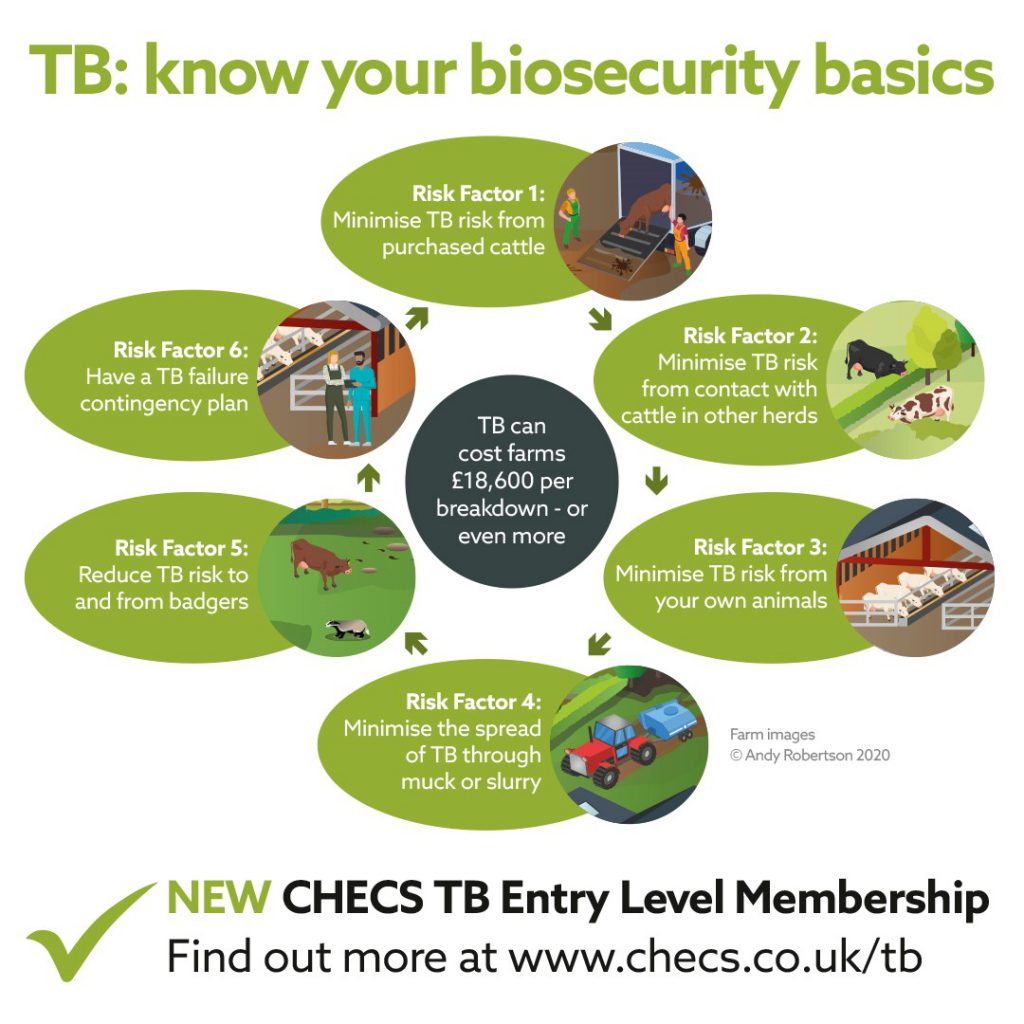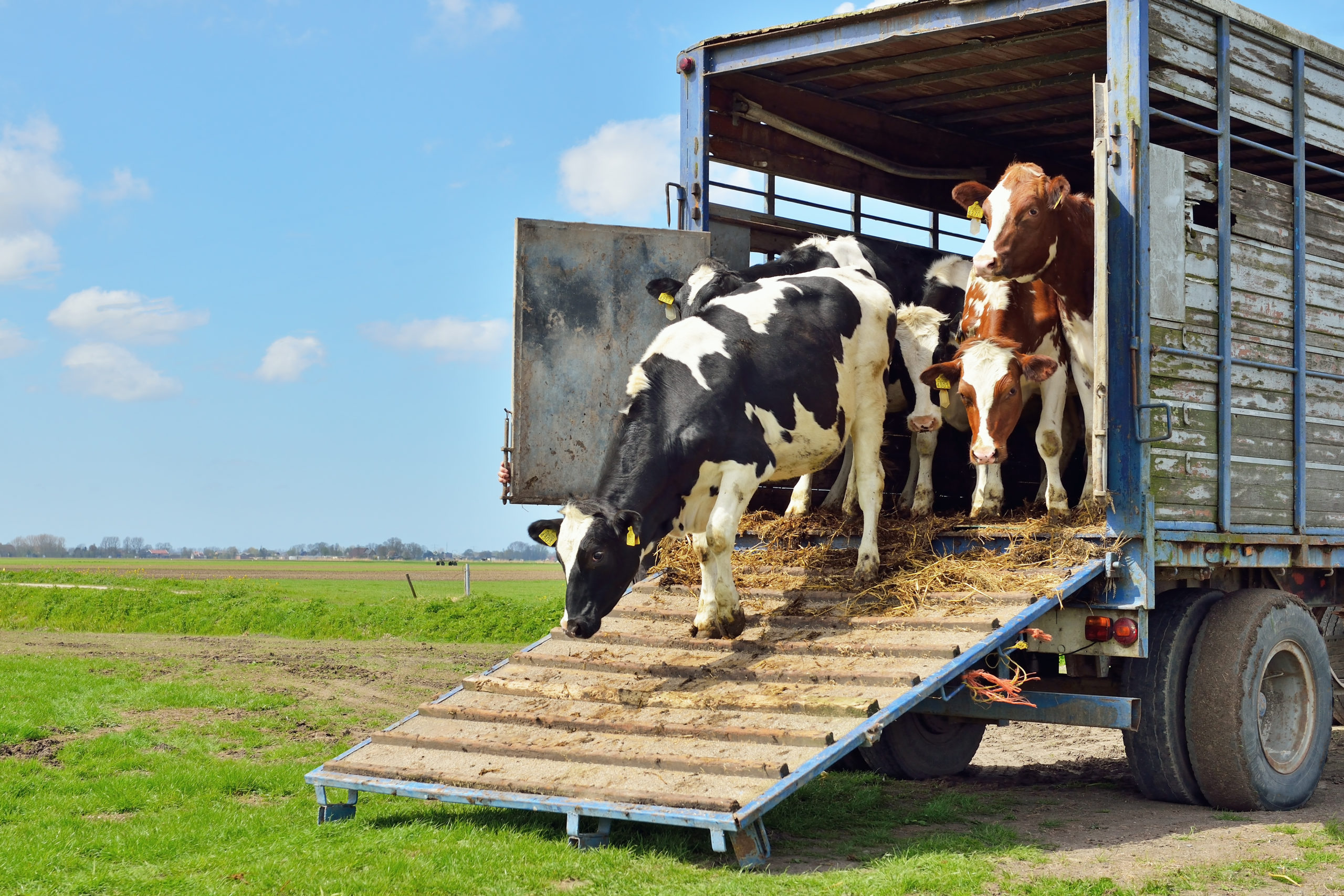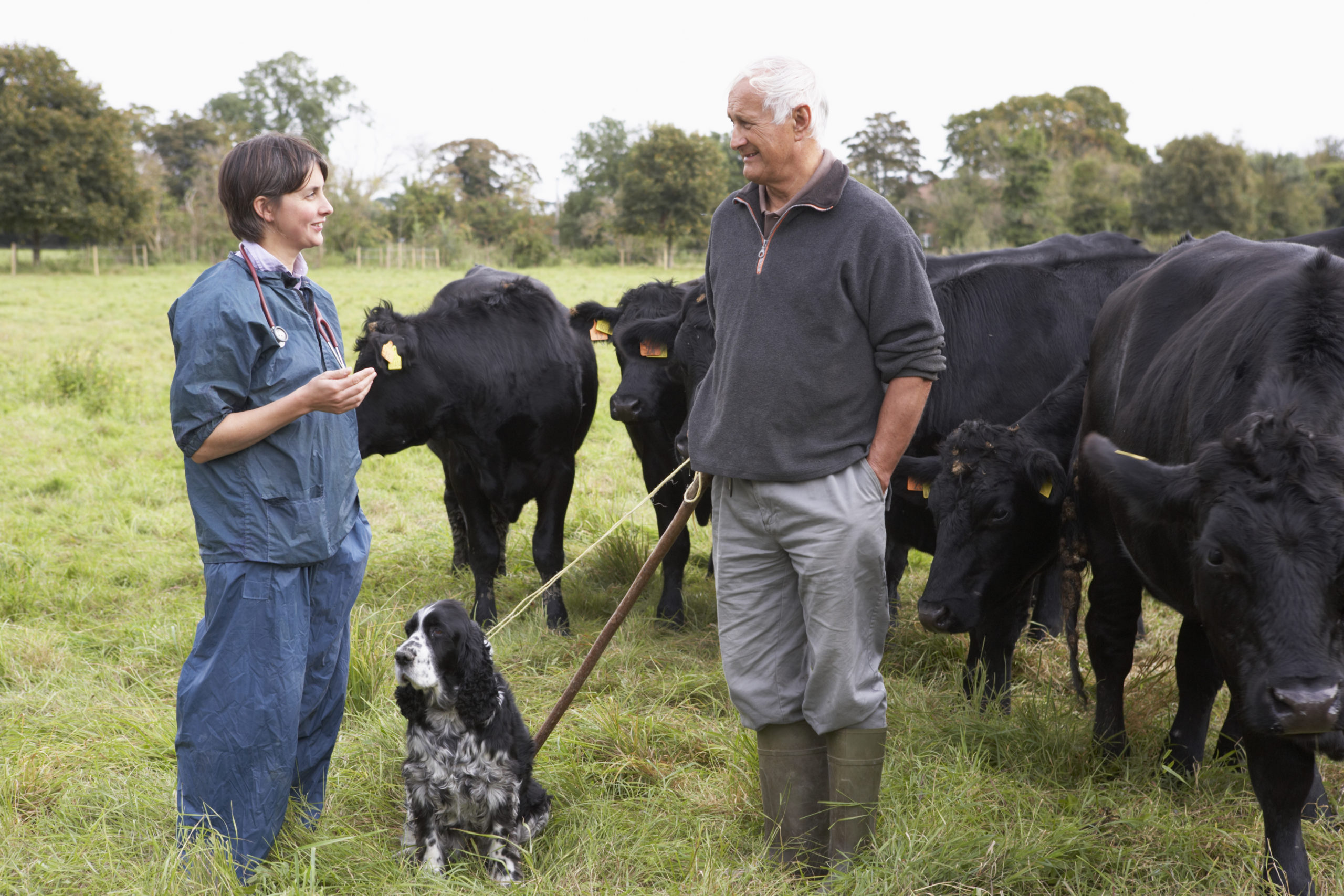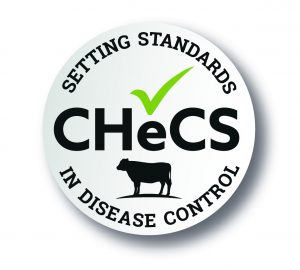Cattle Health Certification Standards (CHECS) is the body that certifies and quality controls CHECS licensed cattle health schemes in the UK and Ireland. CHECS does not run a scheme itself, but it ensures the health schemes operate to the same set of technical cattle health standards.
While CHECS is better known for its programmes covering BVD, IBR, Johne’s Disease, Leptospirosis and Neospora, it added CHECS TB herd accreditation in 2016. CHECS has two programmes for bovine TB to help farmers proactively manage the risk of a TB breakdown.
An easily achievable first step for cattle farmers to better manage TB risk by improving biosecurity. It requires commitment to implementing just one biosecurity option from each of six bTB risk factors.
Builds on entry level measures with additional testing and biosecurity and is recognised and rewarded by Defra and the Welsh Government.
Watch a short video about CHECS TB programmes
CHECS TB entry level membership
Introduced in 2021, CHECS TB entry level membership is a baseline biosecurity standard comprising a range of easily achievable measures recognised by the British Cattle Veterinary Association (BCVA), Defra and the Welsh Government to reduce the risk of a TB breakdown. CHECS sets the standards for TB entry level membership but, as with all other disease programmes, it is administered through participating cattle health schemes and licensed and quality-controlled by CHECS.
Cattle farmers who wish to become CHECS TB entry level members must comply with at least one biosecurity option from each of six different bTB risk factors. A BCVA-accredited TB veterinary advisor (BATVA), is required to complete a declaration alongside the cattle farmer and submit the form to their cattle health scheme before membership can be granted.
As well as being a standalone standard, CHECS TB entry level membership forms the biosecurity basis of CHECS TB herd accreditation, and from 1 August 2021, anyone wishing to become herd accredited will need to have first completed entry level membership.

CHECS TB herd accreditation
CHECS TB herd accreditation is a voluntary programme, recognised and rewarded by Defra and the Welsh Government. Working with the herd vet and through health schemes, a herd’s score improves every year it is free from a TB breakdown, awarding a status of 0-10 to correspond with the number of years TB-free. As well as reducing risk of bovine TB infection, the health schemes present informed purchasing opportunities. In particular, it can benefit farmers selling cattle from regions with a high risk of the disease or those who wish to minimise exposure from bought-in animals. With CHECS TB herd accreditation, there are earned recognition opportunities from both the Welsh Government and Defra.
- In England, herds in the High Risk and Edge Areas of England on six-monthly surveillance testing can remain on annual testing if they are CHECS TB herd accredited and have a score of at least 1. Furthermore, when animals moved into a TB breakdown herd are subsequently removed as TB reactors, the standard 50% reduction in compensation does not apply if the herd is CHECS TB herd accredited.
- In Wales, homebred cattle from CHECS TB herd accredited score 10 herds can forgo statutory post-movement TB testing.
Farmers should discuss joining with their vet and contact one of the participating CHECS-licensed health schemes listed on the CHECS website. The application form includes a privacy agreement to allow the Animal & Plant Health Agency (APHA) to supply TB test data to the health scheme provider, and a declaration from the herd vet.

How to use CHECS TB herd accreditation when buying cattle
- CHECS TB accredited herds implement additional biosecurity measures to control disease, so check if there is a declaration available at the point of sale.
- If the selling herd is CHECS accredited, the greater the score, the greater the number of years the herd has been TB-free.
- If your herd is CHECS TB accredited, any added animals should be placed in quarantine before their post-movement TB test is conducted 60-120 days after arrival. If they become TB test reactors, they will not affect the CHECS TB status of your herd.

How to use CHECS TB herd accreditation to minimise the risk of TB
- Work with your herd vet to develop a bTB-specific herd health plan and introduce additional biosecurity measures.
- Implementing the additional TB testing and biosecurity measures required by CHECS, should in time, improve your herd’s resilience to bTB.
- CHECS TB herd accreditation may be especially useful if you are in an area where efforts are being made to control the reservoir of TB infection in wildlife.
